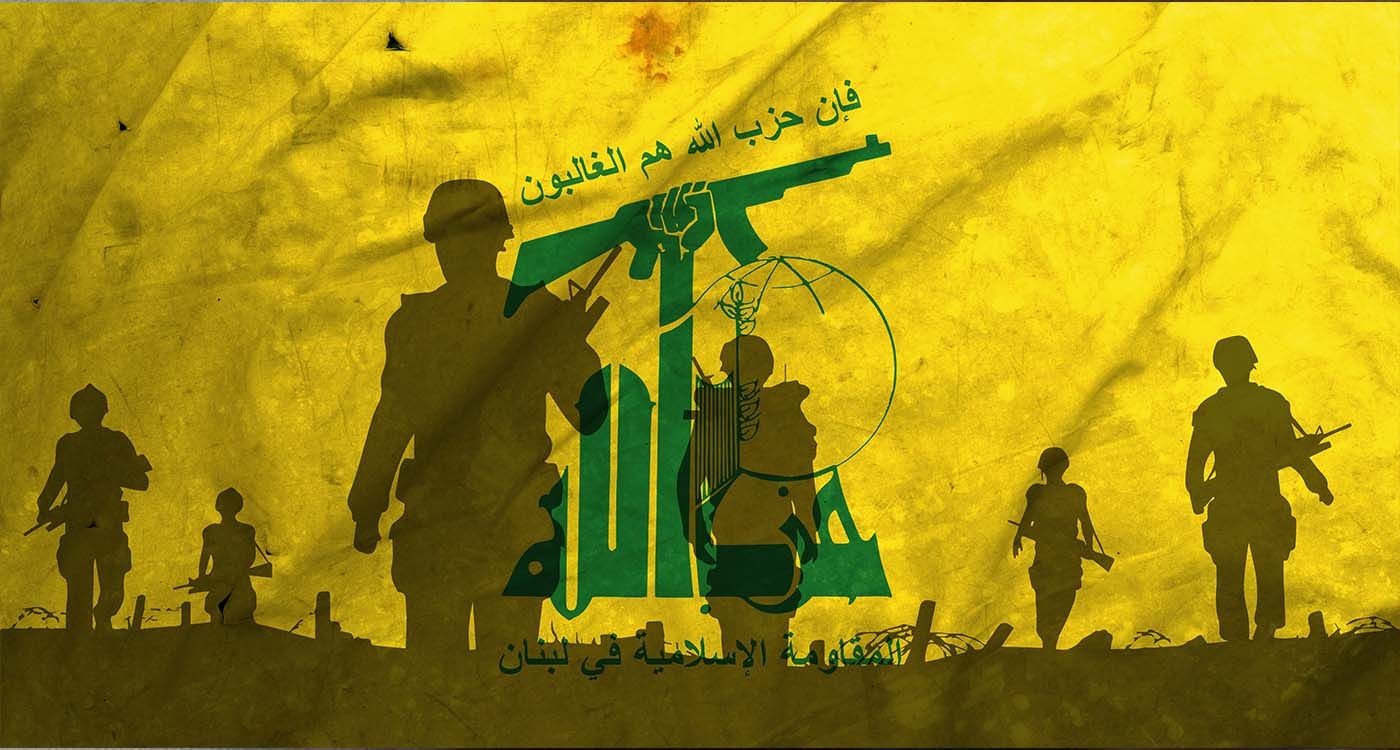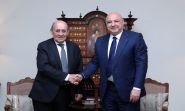
Hezbollah raised its tone once again on Wednesday, a day after US envoys Tom Barrack and Morgan Ortagus’ visit to Beirut, during which international support for restoring Lebanese sovereignty over the entire national territory was reaffirmed.
Hussein Khalil, political aide to Hezbollah Secretary-General Naim Qassem, renewed threats and leveled accusations against the government in what appeared to be another attempt to resist efforts to place all weapons under the exclusive authority of the state, an essential step to rebuild Lebanese institutions on solid ground.
However, Hezbollah’s rhetoric continues to avoid this central issue, focusing instead on broad slogans, such as “the components of resistance and defense available to Lebanon,” a formula alluding to the group’s illegal arsenal.
Khalil also accused the United States of seeking “to dismantle Hezbollah in order to transform the country into an American-Israeli colony.” He further argued that disarming the group would amount to “a US withdrawal from the September 2024 ceasefire agreement, which provides for an end to Israeli attacks.” Khalil also charged Washington with “pushing the army into confrontation with the resistance.”
He implicitly criticized Prime Minister Nawaf Salam, without naming him. According to Khalil, Salam “erred in declaring his intention to implement the Taif Accord,” which explicitly calls for disarming militias and granting the state a monopoly over weapons. He argued instead that the accord “highlights Lebanon’s right to take necessary measures to defend and liberate its territory,” though by law this prerogative belongs to the national army, not a militia linked to a foreign power.
The Hezbollah official called on President Joseph Aoun “to put an end to the government’s political submission.” He ended his statement with a barely veiled threat, stressing the need “to keep the army away from internal discord that endangers security and stability,” a confrontation that Hezbollah itself appears willing to trigger in order to preserve its weapons.



Comments